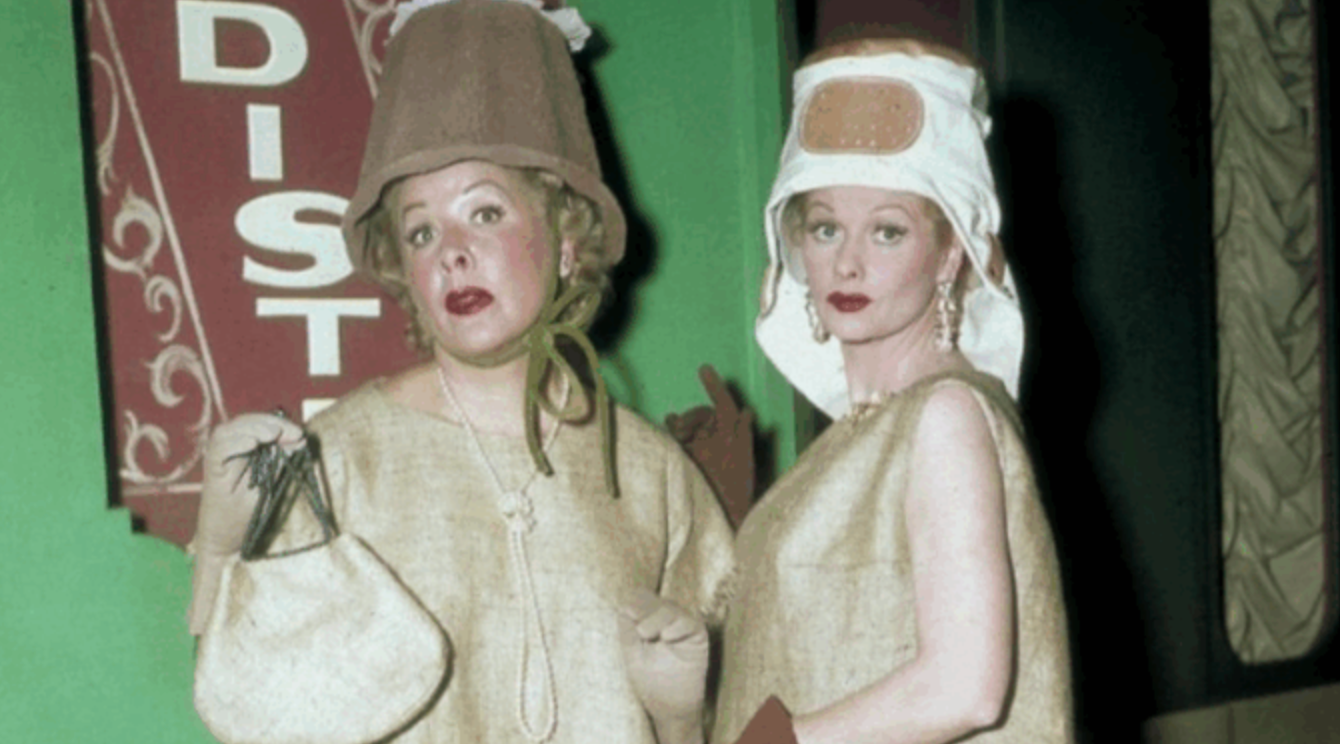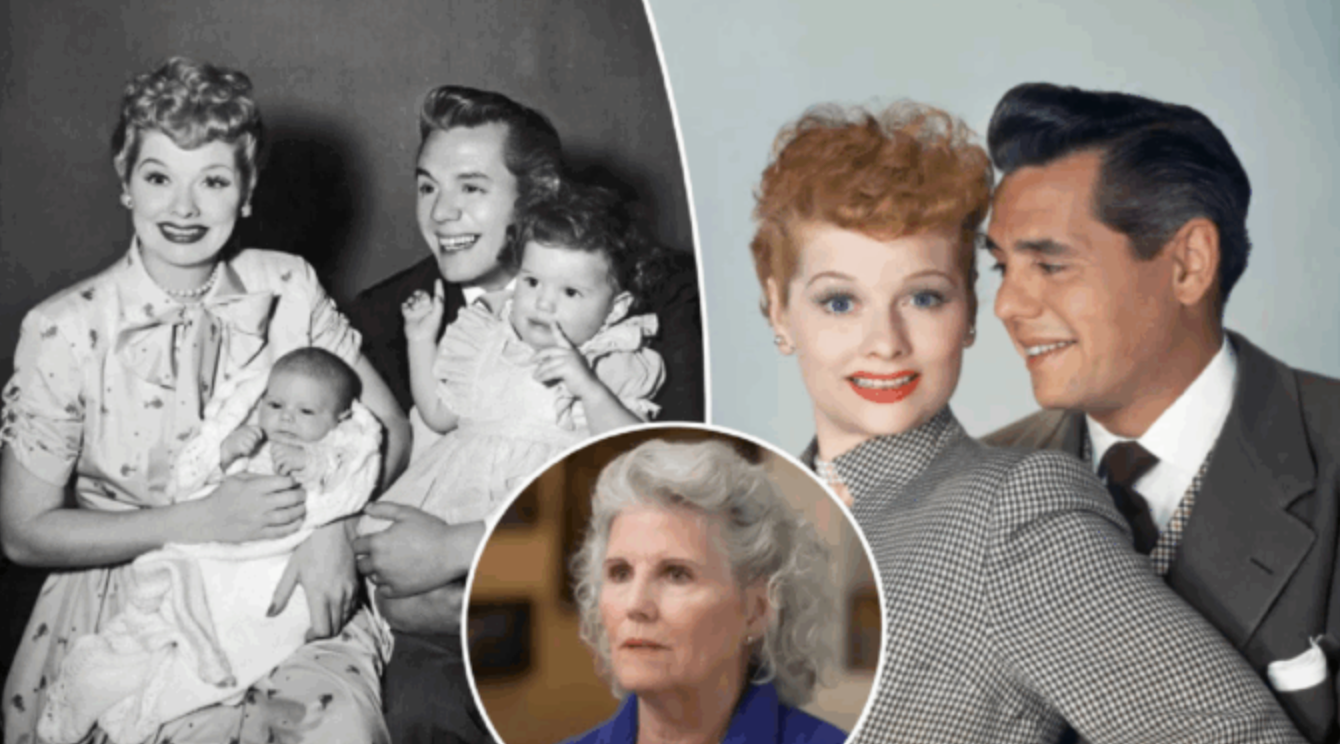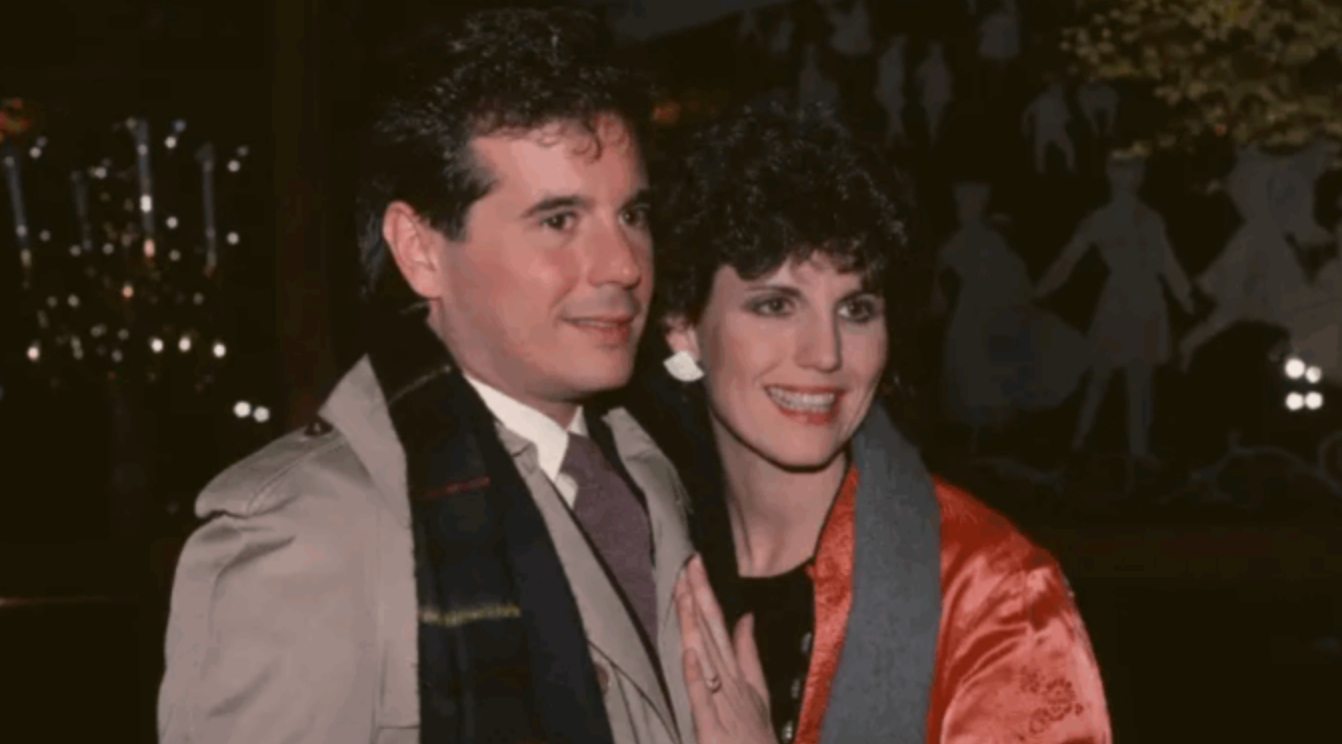Inside the I Love Lucy Star’s Last Days

Lucille Ball, beloved the world over, passed away unexpectedly, leaving behind an indelible legacy. Named one of TIME‘s most influential women of the 20th century, her impact on the entertainment industry still resonates today. During I Love Lucy‘s groundbreaking six-year run, Ball not only redefined comedy but also transformed the portrayal of women on television. Lucy Ricardo wasn’t just a housewife—she was relatable, imperfect, and, above all, hilariously unpredictable, making her one of the most beloved characters in TV history.
Off-screen, Lucille was just as revolutionary. She refused to do I Love Lucy without her husband, fellow actor Desi Arnaz, and stood by him through thick and thin. After their divorce, Ball took control of Desilu Studios, making history as the first woman to lead a Hollywood studio. Under her leadership, she produced some of the most iconic television series ever, including the original Star Trek and Mission: Impossible.
In a February 1980 interview with PEOPLE, Ball reflected on her life and career, contemplating her legacy with characteristic honesty: “I don’t think you should write a book until you tell the absolute truth,” she said. “You can’t do that until you’re 85, and I don’t want to live that long. I’ve always prided myself on knowing when to get off, and I hope it works out that way.”
Tragically, Lucille Ball passed away on April 26, 1989, at the age of 77 due to a ruptured abdominal aorta. Thirty-six years after her death, her legacy lives on, continuing to inspire and entertain new generations.
Her passing marked the end of an era, but her contributions to television, comedy, and the role of women in the entertainment industry are timeless.
How did Lucille Ball die?
:max_bytes(150000):strip_icc():focal(749x0:751x2):format(webp)/lucille-ball-042525-2-0cd9be43455d49c18f64a2d1e22233d3.jpg)
Lucille Ball’s death came after a series of unexpected and tragic health events. On April 18, 1989, she suffered a heart attack in her Beverly Hills home, triggered by a ruptured aorta. Her second husband, Gary Morton, rushed her to the hospital after she began experiencing “terrible pain,” as reported by the Los Angeles Times. Upon arrival, Ball was conscious and was able to speak with doctors, though she appeared visibly uncomfortable.
She was immediately admitted to Cedars-Sinai Medical Center in Los Angeles, where she underwent a grueling seven-hour open-heart surgery. During the procedure, heart tissue from a donor was used to repair her aorta, according to The New York Times. The hospital later reported that Ball had a “uneventful night” after the surgery, a promising sign, and the surgeons expressed optimism that she was on the path to recovery. She even began to eat and walk, with the hospital describing her condition as “serious but stable.”
Sadly, the hope for a full recovery was short-lived. Just a week after the surgery, Ball suffered another rupture, this time in the abdomen, which proved to be fatal. A hospital spokesman explained that there were no signs to indicate this would happen, and that the heart itself had not been involved in her sudden death.
Lucille Ball’s passing on April 26, 1989, marked the end of an era in both television and comedy, leaving a hole in the hearts of fans around the world. Her health battle and the suddenness of her death shocked many, but her legacy—shaped by her incredible talent and trailblazing achievements—remains timeless.


